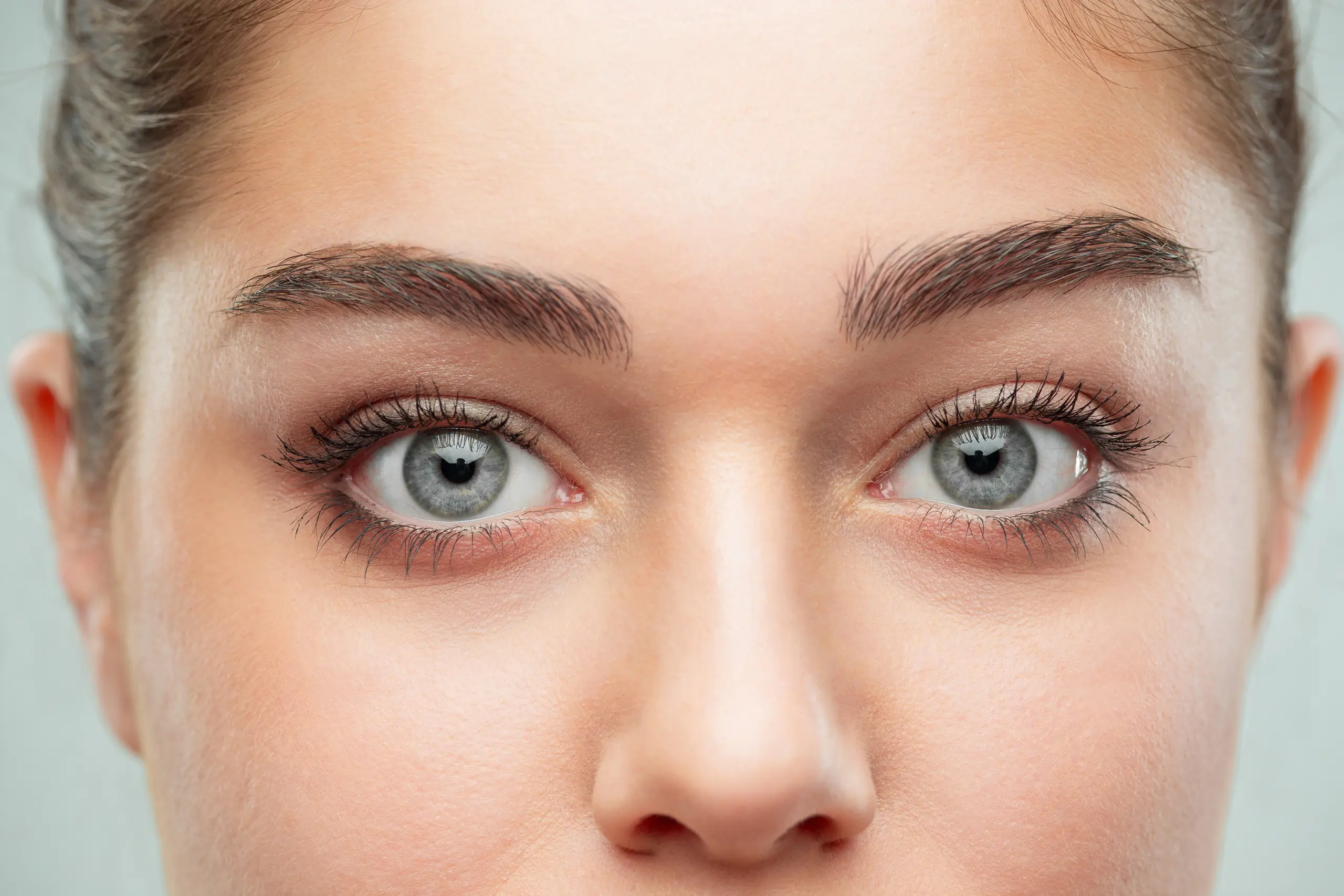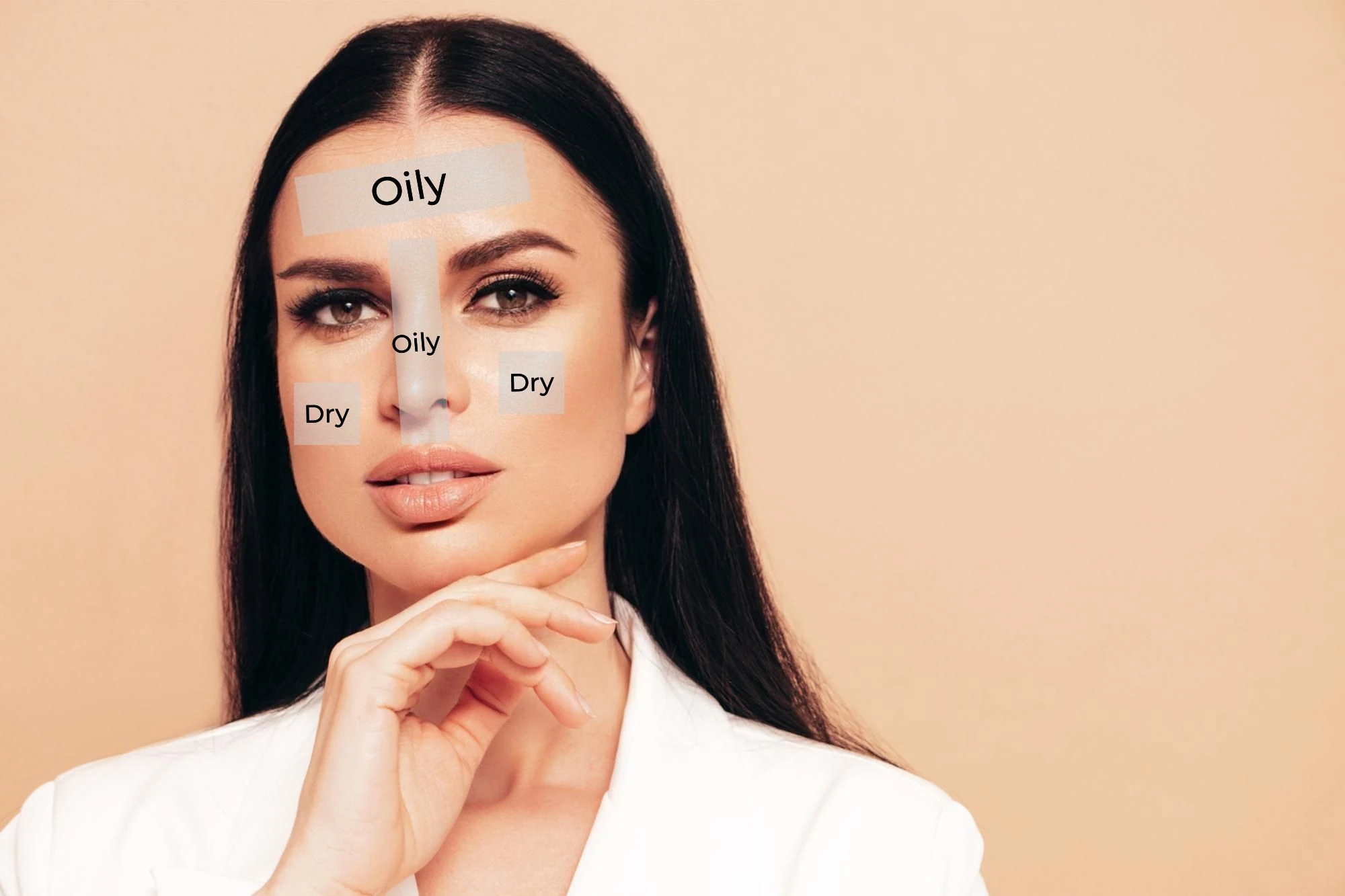Genetics
Genetics can play a role in the development of dark circles. People with fair skin may be more prone to under-eye circles, due to the thinness of their skin, which makes the blood vessels beneath the eyes more visible.
Hereditary conditions, such as allergies or eczema, can also increase the chances of developing dark circles. People with a family history of dark circles may be more likely to have them.
Genetics can also influence the production of melanin, which is the pigment that gives skin its color. People with less melanin may be more prone to developing dark circles.
Lifestyle Habits
Lifestyle habits can also be a key factor in the development of dark circles. Not getting enough sleep, or sleeping in a position that puts pressure on the face, can lead to dark circles.
Smoking and drinking alcohol can also contribute to the development of dark circles. Smoking can reduce the amount of oxygen in the body, which can cause the skin to become pale and dull.
Consuming too much caffeine can also dehydrate the body, leading to dark circles. People should aim to drink plenty of water to keep their skin hydrated.
Allergies
Allergies can be a major cause of dark circles. When the body is exposed to an allergen, it releases histamine, which can cause the blood vessels beneath the eyes to become dilated and more visible.
Allergies can also lead to inflammation, which can cause the skin beneath the eyes to become swollen and darker in color. Allergies can also cause the eyes to become itchy and irritated, which can lead to rubbing and scratching.
People with allergies should aim to identify and avoid the allergen that is causing the reaction, and use antihistamines to reduce the symptoms.
Aging
As people age, the skin around the eyes can become thinner and more fragile. This can make the blood vessels beneath the eyes more visible, leading to dark circles.
The skin around the eyes can also become dry and less elastic, which can cause the skin to sag and create a hollow area beneath the eyes. This can also lead to dark circles.
Aging can also cause the production of collagen and elastin to slow down, leading to a decrease in skin elasticity and an increase in wrinkles.
Dehydration
Dehydration can be a major cause of dark circles. When the body is dehydrated, the skin can become pale and dull, which can make the blood vessels beneath the eyes more visible.
Dehydration can also cause the skin to become dry and flaky, which can lead to the skin becoming darker in color. People should aim to drink plenty of water to stay hydrated.
Dehydration can also cause the body to produce less hyaluronic acid, which is responsible for keeping the skin hydrated and plump. This can lead to the skin becoming thin and dry, which can make dark circles more visible.
Sun Exposure
Sun exposure can also be a cause of dark circles. The sun’s UV rays can damage the skin, leading to a decrease in collagen and elastin production. This can make the skin around the eyes thinner and more fragile.
The sun’s UV rays can also cause the skin to become darker in color, which can make the blood vessels beneath the eyes more visible. People should aim to wear sunscreen and protective clothing when going outside.
Sun exposure can also cause the skin to become dry and dehydrated, which can lead to the skin becoming thinner and more fragile. This can make the blood vessels beneath the eyes more visible, leading to dark circles.



